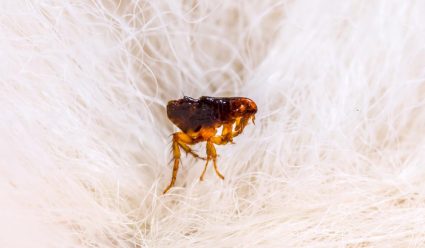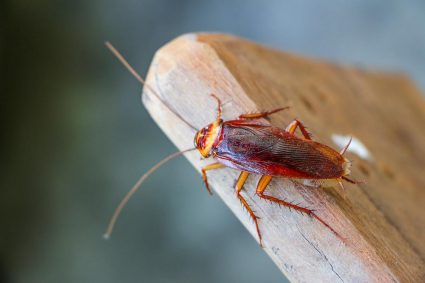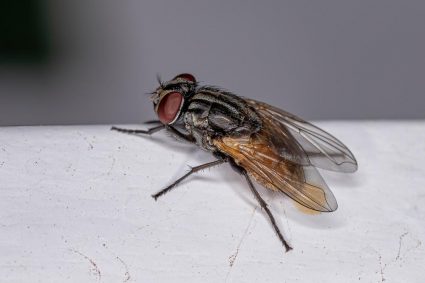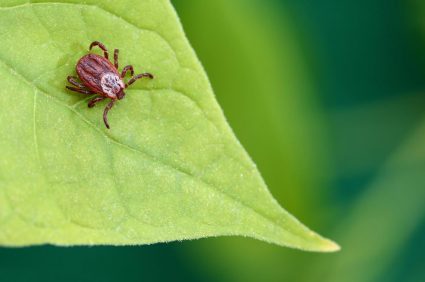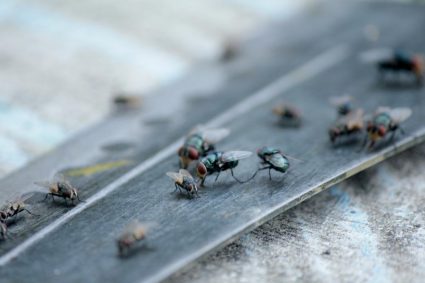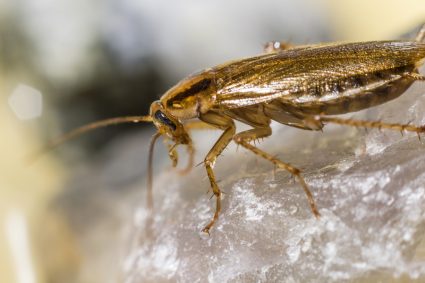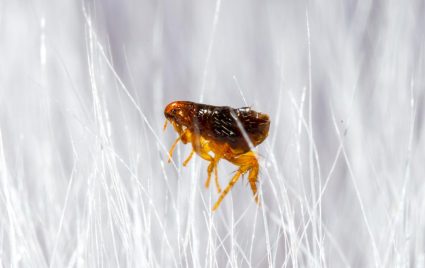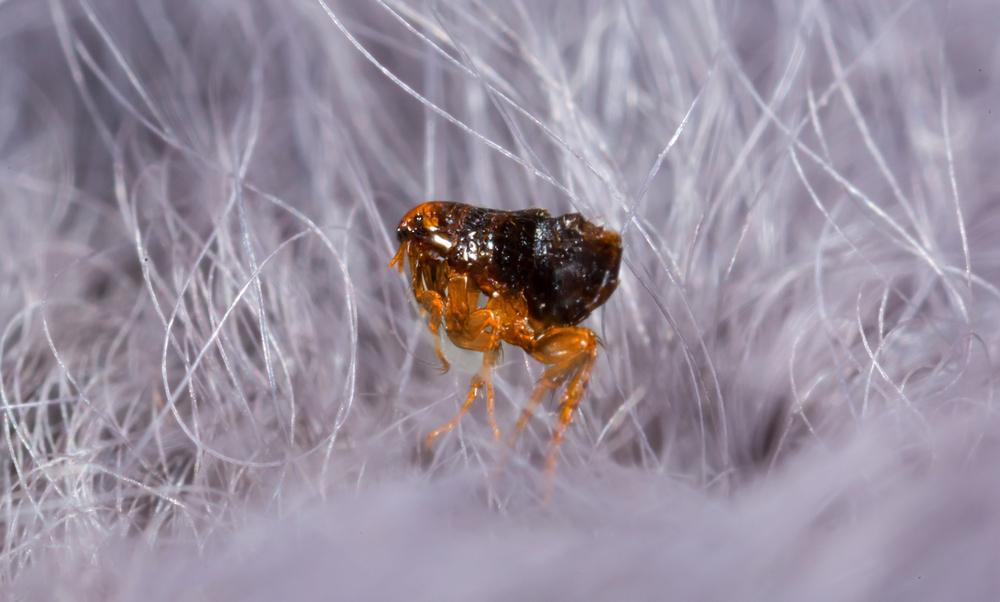
When it comes to pet care, one of the most common concerns among pet owners is flea infestation. Fleas are not only a nuisance but can also cause serious health problems in pets, such as skin irritation, allergic reactions, and even anemia. One of the ways to eliminate these pesky parasites is a flea bath. But how long after a flea bath do fleas die? In this comprehensive guide, we will delve deeper into the subject, covering everything from the lifecycle of a flea, the effectiveness of flea baths, and preventive measures to keep fleas at bay.
After a flea bath, adult fleas usually die within a few hours of treatment. However, flea eggs and larvae can take up to several weeks to be eliminated. In severe infestations, or where eggs, larvae, or pupae are continuously hatching, fleas might be visible for as long as a month or even longer. Therefore, it’s crucial to follow up with a preventive flea treatment and maintain a clean environment for your pet.
Understanding the Lifecycle of a Flea
Before we discuss the effectiveness of flea baths, it’s important to understand the lifecycle of a flea. The lifecycle comprises four stages: egg, larva, pupa, and adult. The duration can range from a few weeks to several months, depending on environmental conditions such as temperature and humidity.
Adult fleas lay eggs on a host, which then fall off and settle into the environment. The eggs hatch into larvae, which eventually spin a cocoon and enter the pupa stage. The cocoon protects the pupa from environmental conditions and insecticides for several days or weeks until adult fleas emerge. In some cases, the cocoon can protect the developing flea for months.
The Effectiveness of Flea Baths
A flea bath is a treatment that involves using a flea shampoo applied directly to a pet’s coat. While it can kill fleas on the pet at the time of bathing, it doesn’t offer long-term protection. The pet will be at risk of re-infestation after the shampoo has been rinsed away.
After a flea bath, adult fleas are usually killed within a few hours of treatment. However, flea eggs and larvae can take up to several weeks to be eliminated. In more severe infestations, or in instances where eggs, larvae, or pupae are continuously hatching, you might see fleas for as long as a month or even longer.
Active Ingredients in Flea Bath Products
Flea bath products contain various active ingredients that effectively kill fleas. Some of the most common active ingredients include pyrethrins, permethrin, piperonyl butoxide, (S)-Methoprene, and essential oils. Keep in mind that some of these ingredients can be toxic to cats, so always read the label and follow the instructions carefully.
Checking the Effectiveness of a Flea Bath
After a flea bath, monitor your pet’s behavior. If your pet is scratching or biting itself less, it’s a good indication that the treatment has been effective. Additionally, inspect your pet’s fur and bedding for any signs of fleas or flea dirt.
Preventing Flea Re-infestation
To ensure long-term flea control, use a veterinarian-recommended flea prevention product and maintain a clean environment for your pet. Regular grooming, vacuuming your home frequently, using household flea sprays, and washing your pet’s bedding can help prevent flea re-infestation.
Cautions and Potential Side Effects
While flea baths can be effective, there are potential side effects that pet owners should be aware of, including skin irritation, allergic reactions, and in severe cases, neurological effects or poisoning. Always consult a veterinarian before using any flea treatment and monitor your pet closely after the treatment.
The Time Frame for Flea Medications
Topical and oral flea preventions work within different time frames. For dogs, topical preventions can clear current flea burdens within 12-48 hours, while oral preventions often work within the first 2-4 hours. For cats, topical medications generally take effect within about 12 hours, and by the end of 48 hours, your cat will be mostly flea-free.
In conclusion, while flea baths can provide temporary relief from fleas, it’s important to follow up with a longer-term preventive flea treatment and maintain a clean environment for your pet. Always consult with your veterinarian for the best course of action.
Frequently Asked Questions
What are some signs of flea infestation in pets?
Common signs of flea infestation in pets include excessive scratching, biting, or licking of the skin, hair loss, small black or reddish-brown specks on your pet’s coat (known as flea dirt), and visible fleas on your pet or in their bedding.
Can I use dog flea shampoo on my cat?
No, you should not use dog flea shampoo on your cat. Some ingredients commonly found in dog flea shampoos, such as permethrin, are toxic to cats. Always use products specifically formulated for your pet’s species.
How often should I give my pet a flea bath?
The frequency of flea baths depends on the severity of the infestation and the specific product you’re using. Some products recommend a bath every 1-2 weeks, while others advise against bathing your pet more than once a month. Always follow the instructions on the product label and consult with your vet if you’re unsure.
Are there any natural alternatives to flea baths?
Yes, there are natural alternatives to flea baths, such as essential oils (e.g., lavender, peppermint, and lemongrass), diatomaceous earth, and apple cider vinegar. However, these methods may not be as effective as commercial flea treatments and should be used in conjunction with other preventive measures. Always consult with your vet before trying a new flea treatment method.
How can I protect my home from fleas?
Regularly vacuuming your home, especially areas where your pet spends a lot of time, can help remove flea eggs and larvae. Washing your pet’s bedding and your own bedding (if your pet sleeps with you) in hot water weekly can also help prevent flea infestations. In severe cases, you may need to use household flea sprays or hire a professional exterminator.

